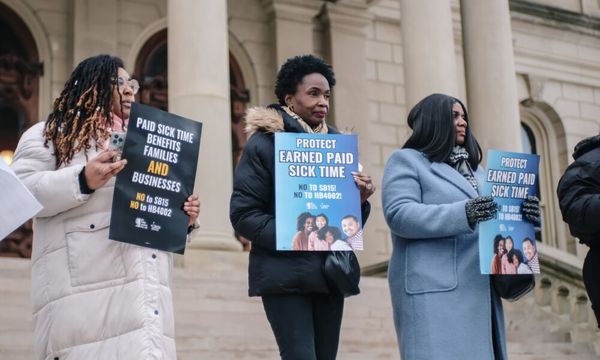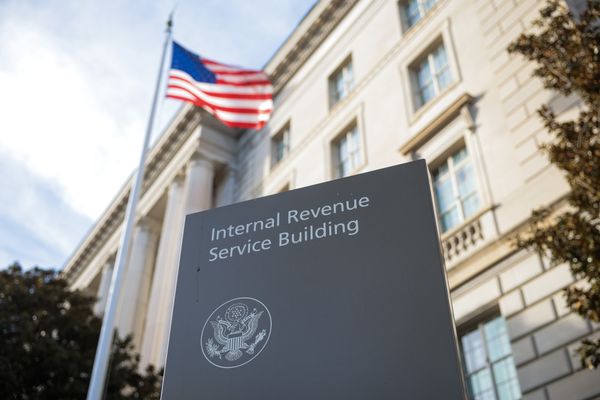
TikTok contributes $1.1 billion to the Australian economy each year, according to a new report, and motivates two in every five local users to visit a restaurant or a shop based on its content.
The controversial social network released the findings of a study from Oxford Economics on Thursday, which also revealed videos on its platform regularly influenced purchases and supported more than 12,000 Australian jobs.
The positive results come at a challenging time for the company, which faces a nationwide ban in the United States and was banished from Australian government-issued devices last year.
But social media experts said while the study was well-timed, its findings demonstrated the growing power of targeted content on TikTok and influencers who specialised in niche areas.
The Oxford Economics study, which relied on surveys from Ipsos and RFI Global, found TikTok was responsible for generating $500 million in direct revenue to advertisers on the platform, as well as more than 7000 jobs during the last financial year.
But the social network also had "flow-on effects" of an additional $600 million in revenue, it found, and indirectly supported just under 6000 jobs.
The report also found 41 per cent of TikTok users had visited a restaurant or shop highlighted on the platform, 38 per cent bought a product or used a service shown in a clip and 21 per cent purchased a concert ticket or listened to music they discovered there.
TikTok global business solutions general manager Brett Armstrong said the findings showed the network, used by 8.5 million Australians and 350,000 local businesses, was making a significant contribution to the economy and small businesses in particular.
"Our unique recommendation system focused on engagement and interests, rather than follower numbers," he said.
"This allows both new and established businesses to tap into popular trends and culture."
The report also featured case studies from companies including Dymocks, Tennis Australia and Brisbane-based Brooki Bakehouse, whose owner Brooke Saward said up to 85 per cent of her sales had followed TikTok videos.
"In all honesty, the bakery was not successful before I started sharing these videos," she said.
But the report comes just one month after the US House of Representatives passed a bill proposing a ban on TikTok if it remained owned by Beijing-based firm ByteDance.
Australian authorities have rejected a similar move but TikTok was banned from use on government-issued devices in April last year.
Social media strategist Meg Coffey told AAP the report appeared to be an attempt by TikTok to prove its economic value.
"They're trying to prove their worth, they're trying to say before you ban us look at how much we're worth, and they're probably trying to get ahead of the game in Australia," she said.
"Every social media platform is going to have issues - there is no good social media platform."
But Ms Coffey said TikTok had clearly delivered an economic boost in some markets and was proving effective in targeted segments such as books, restaurants and skincare.
"The days of the broad influencer are gone but these micro or nano influencers who are into niche things can have great success because they're talking to a targeted audience," she said.







